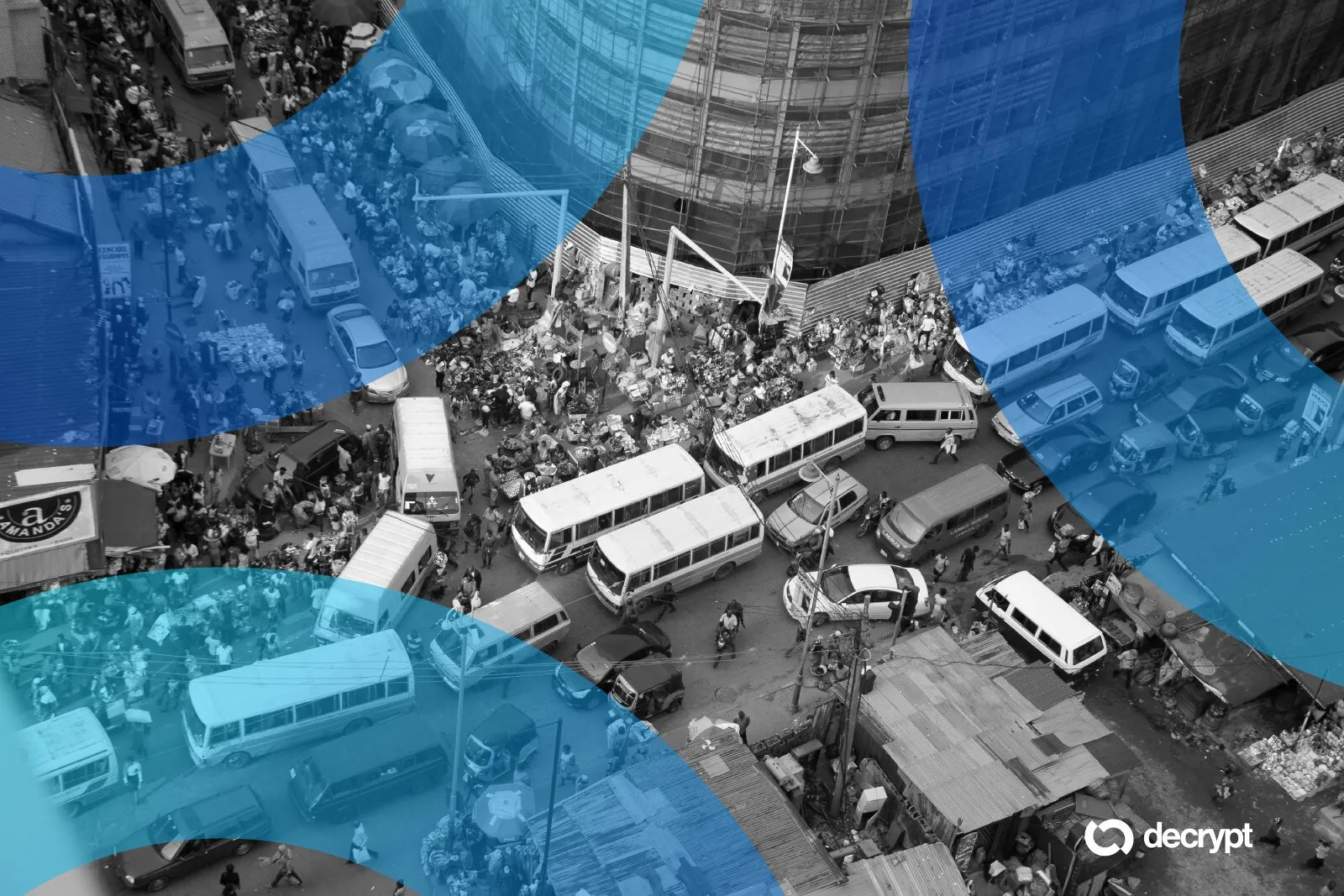In brief
- Agama, a longtime SEC official appointed Director-General in 2024, has pushed for more proactive engagement with digital asset firms.
- His latest remarks follow the onboarding of stablecoin firms into the SEC’s regulatory sandbox and renewed public outreach.
- Analysts say rebuilding trust will depend on whether the government follows through with consistent, transparent enforcement.
Nigeria is open to stablecoin businesses, the country's top markets regulator said Thursday, signaling a bid to revive digital asset engagement more than a year after a crackdown on crypto exchange Binance cast a shadow over the sector.
Speaking at the Nigeria Stablecoin Summit in Lagos, Securities and Exchange Commission Director-General Emomotimi Agama said firms that comply with Nigeria's evolving digital asset rules will find a supportive environment for innovation.
"Nigeria is open for stablecoin business, but on terms that protect our markets and empower Nigerians," he said, according to a report by The Cable.
The commission, he confirmed, has already onboarded firms focused on stablecoin applications through its regulatory sandbox, painting a broader vision for Nigeria’s leadership in the space.
“Five years from today, I want to see a Nigerian stablecoin powering cross-border trade from Dakar to Dar es Salaam,” he said. “I want to see global capital flowing into Lagos as the stablecoin hub of the global south.”
Decrypt approached Nigeria’s SEC for clarity on its stablecoin licensing prospects and how it intends to reconcile its messaging with last year’s crackdown on Binance.
A crypto revival
In a separate paper published earlier in February, Agama described stablecoins as a “critical element of the cryptocurrency ecosystem,” while warning that their benefits come with “significant national security concerns.”
Those statements and fresh posturing from the country’s regulatory chief come just over a year after Nigeria detained Binance executive Tigran Gambaryan and launched a sweeping crackdown on crypto operations, including Coinbase and other exchanges.
Gambaryan, a U.S. citizen and former IRS investigator, was arrested in February 2024 during a compliance visit to Abuja. On the second day of his trial in May 2024, he collapsed in court.
U.S. lawmakers later urged the government to help free Gambaryan, with some blaming former president Joe Biden’s perceived distance from the crypto industry at the time.
After eight grueling months, Gambaryan was released, with the case discontinued due to his failing health conditions. Last month, he resigned from Binance.
Not overnight
Agama’s remarks have sparked fresh debate over whether Nigeria can rebuild trust with global crypto firms and position itself as a stablecoin hub.
“While Nigeria has publicly banned crypto-related businesses following the Binance crackdown, the reality is that widespread grassroots participation continues,” Ryan Yoon, senior analyst at Tiger Research, told Decrypt. “Nigeria won't become a stablecoin hub overnight, but stablecoin adoption could help with domestic currency management.”
While the new stance signals a regulatory thawing of sorts, some remain skeptical that policy rhetoric alone can undo the damage.
“Nigeria’s stablecoin signal is a strong step, but real revival requires regulatory reliability and robust ramps,” Hank Huang, CEO of Kronos Research, told Decrypt.
Firms that seek to operate in the country would need clear frameworks, reliable access, and “predictable enforcement” to “seriously consider” entering the market, Huang added.
These, along with “strong legal safeguards and visible re-engagement from major players,” could signal stability and confidence, he said.
“With solid fundamentals in place, the country has potential, but restoring deep liquidity will take consistent policy, clear fiat access, and time to rebuild trust,” Huang said.

